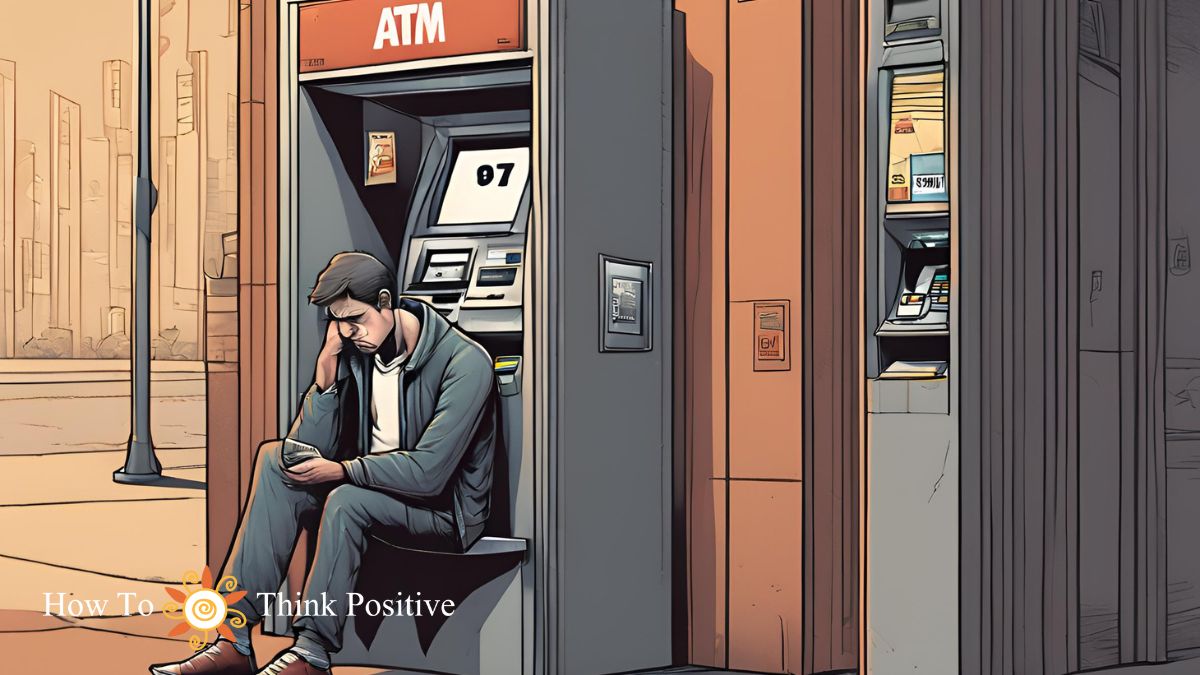Words shape our thoughts, influence our emotions, and define our experiences. They are more than mere symbols; they are keys that unlock doors to new perspectives. Every word carries weight, a unique energy that can inspire action, evoke memories, or ignite passions. Imagine the impact of a single phrase, the way it can linger in your mind or resonate deeply within your heart.
This post contains Amazon affiliate links, meaning I may earn a small commission if you purchase through my links, at no extra cost to you. Note: We aim to provide accurate product links, but some may occasionally expire or become unavailable. If this happens, please search directly on Amazon for the product or a suitable alternative.
As you navigate through life, consider the words you choose. Each one is a brushstroke on the canvas of your reality, painting the world around you. In this exploration, we will uncover how language molds our understanding and perception, revealing the profound connection between words and the lives we lead. Prepare to see language in a new light and discover the transformative power it holds.
The Gentle Power of Words: Crafting Destiny Through What We Say
Imagine this: You’re sipping coffee on a quiet morning, reflecting on a conversation you had yesterday. A friend shared a struggle, and without thinking, you replied, “You’ll figure it out—you always do.” Later, they texted you: “Your words stuck with me. I needed to hear that.” In that moment, your simple phrase became a lifeline. This is the quiet magic of language. The words we choose don’t just fill the air—they shape realities, mend spirits, and yes, even alter destinies.
We often treat speaking as second nature, like breathing. But what if we paused to consider that every sentence we utter is a brushstroke on the canvas of our lives—and the lives of others?
The Unseen Architect of Your Life
Words are more than sounds or symbols. They carry weight, intention, and energy. Think of them as seeds: Plant a kind word in someone’s heart, and it might bloom into courage. Drop a careless critique, and it could root itself as doubt. This isn’t just poetic wisdom—it’s neuroscience. Studies show that negative language activates stress responses in the brain, while positive words can release dopamine, the “feel-good” chemical. Our brains literally respond to the words we hear and speak.
Take the example of a boss who dismisses an employee’s effort: “Why bother? You’re just lazy.” Those words, even spoken in frustration, can unravel motivation. The employee might internalize the label, their productivity waning as they think, “Why try if no one notices?” Conversely, a leader who says, “I see how hard you’re working—let’s tackle this together,” ignites a spark. Suddenly, challenges feel surmountable.
The Ripple Effect of Language
Our words don’t exist in a vacuum. They ripple outward, touching lives in ways we may never see. A harsh comment to a child like, “You’re not good at math,” might steer them away from STEM fields for years. But a teacher’s encouragement—“Let’s try a new approach; I believe in you”—could unlock a future engineer.
Even self-talk matters. Whisper “I’m not enough” often enough, and your mind starts to believe it. But swap that mantra for “I’m learning, growing, and capable,” and suddenly, obstacles feel like stepping stones. Our inner dialogue scripts our confidence, resilience, and willingness to take risks.
Words as Bridges—or Walls
Consider the last disagreement you had. Did harsh words escalate tensions, or did gentle ones pave a path to understanding? A heated “You never listen!” shuts down communication. But “I feel unheard—can we talk?” invites collaboration. The difference lies not in the message, but in the delivery.
My grandmother used to say, “Speak like you’re stirring honey into tea—slow, sweet, and deliberate.” She understood that warmth in language builds trust. When we choose empathy over judgment, curiosity over assumption, we don’t just resolve conflicts—we deepen connections.
Cultivating a Garden of Graceful Speech
How do we harness this power intentionally? Here are a few gentle reminders:
- Pause before speaking. Ask: Is this true? Is it kind? Is it necessary?
- Reframe criticism. Instead of “You’re wrong,” try, “I see it differently—let’s explore this.”
- Celebrate others authentically. Notice the barista’s smile, a colleague’s patience, a child’s effort. “You made my day brighter” costs nothing but can mean everything.
- Rewrite your inner script. Replace “I can’t” with “I’ll try,” and watch your mindset shift.
The Gift of Starting Over
Maybe you’ve spoken words you regret—we all have. But here’s the beauty of language: Every moment offers a chance to begin anew. Apologize. Forgive yourself. Choose a different phrase tomorrow. Words are forgiving that way—they wait patiently for us to try again.
Your Words, Your Legacy
In the end, our lives are measured not just by actions, but by the words we leave behind. A love note tucked in a drawer. A pep talk that helped someone dream bigger. A heartfelt “I’m here for you” during a stormy night. These are the fragments that linger, long after moments pass.
So today, let’s speak with intention. Let’s build bridges, plant hope, and whisper courage—to others and to ourselves. After all, the world could use a little more honey, don’t you think?
What words will you choose today? 🌸
 Thank you for taking the time to read this article! If you found these insights valuable and want to explore more about the power of positive thinking, I highly recommend my ebook, How To Develop A Positive Mindset. It offers practical strategies to cultivate positivity in your life and transform your experiences through the words you choose. If you enjoyed this article, please consider sharing it with others who might benefit from it. Together, let’s spread the message of kindness and empowerment through our words! 🌼
Thank you for taking the time to read this article! If you found these insights valuable and want to explore more about the power of positive thinking, I highly recommend my ebook, How To Develop A Positive Mindset. It offers practical strategies to cultivate positivity in your life and transform your experiences through the words you choose. If you enjoyed this article, please consider sharing it with others who might benefit from it. Together, let’s spread the message of kindness and empowerment through our words! 🌼









